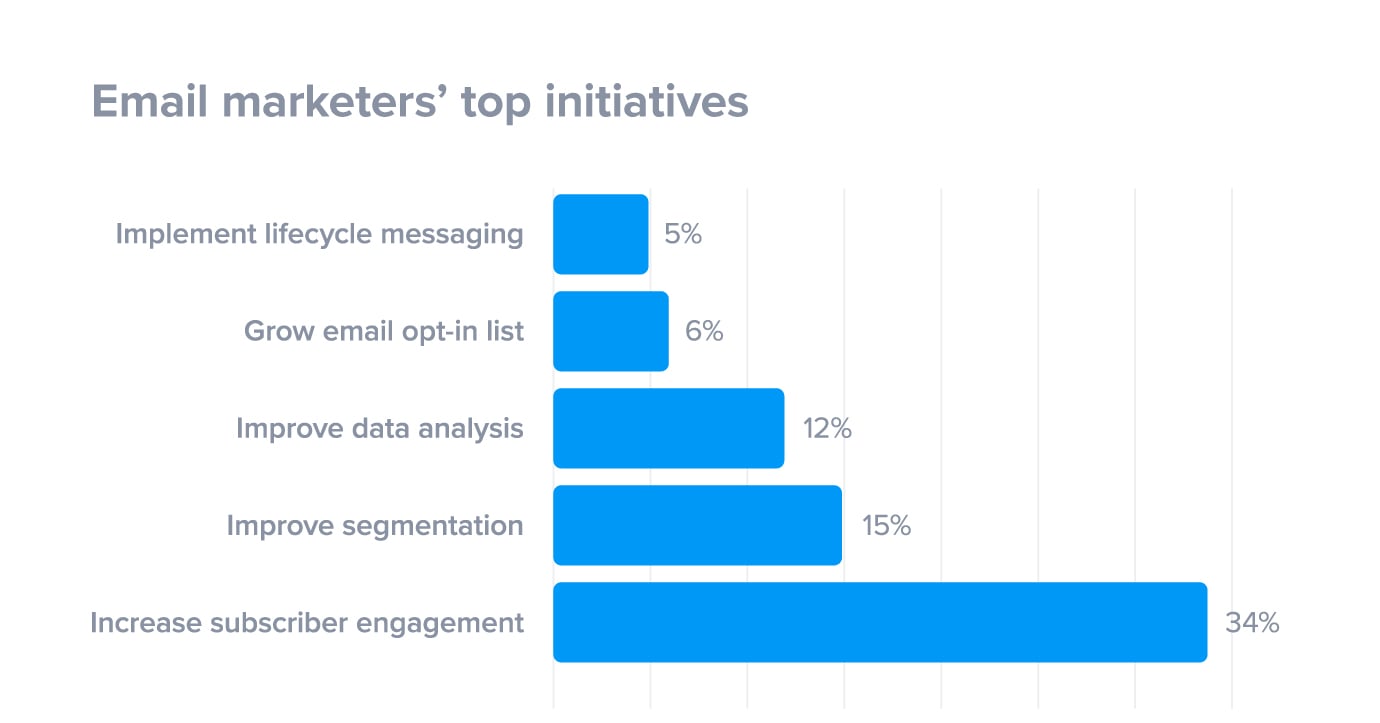Part
01
of one
Part
01
Marketing & Communications Future Trends
Many words have been used to describe the pandemic and its impact on the world in general. The devastation it has caused in its wake will see New Years' Eve 2021 bear no resemblance to New Years' Eve 2020. This is perhaps symbolic of the new world bearing little resemblance to the previous. This is the world buyers face. It has created uncertainty and caution among buyers and the reevaluation of the things that matter most. The increased importance of values will be a catalyst for a trend to focus on building trust and credibility with buyers. This will contribute to a strategy that focuses on personalization and segmentation spearheaded by an email marketing strategy among B@B companies. Expect to also see a move toward retention rather than acquisition-based marketing.
Retention Marketing Will Surpass Acquisition Marketing
- To date, B2B marketing efforts have been rooted in the new customer acquisition field, but the winds of change are forecast with a notable trend toward retention-based marketing over the next few years. B2B businesses benefit from the realization that there are efficiency and cost gains to be made when selling to existing customers rather than chasing new ones.
- This would see companies place customer relations at the top of their marketing pyramid. Typically, this generates a higher marketing return on investment due to lower costs per sale. Harvard Business Review has published an article suggesting the increase in profits can be as much as 95% with an increase in the customer retention rate of 5%. The retention strategy will include elements of upselling and cross-selling to maximize the customer spend.
- Vodafone is an example of a company that has focused on retention as part of its B2B strategy. The company realized that 12% of business customers receiving a shock bill will leave the company within two months. The likelihood of leaving is comparable to the size of the shock. They have focused marketing efforts on minimizing the bill's shock by familiarizing themselves with the monitoring tools on their website, thereby avoiding "bill shock." This saw a 12% reduction in the number of B2B customers leaving Vodafone, 7% above the set marketing target.
Email Marketing Communication Strategy
- The trend toward retention based market will contribute to the trend toward a more customer-focused communication strategy spearheaded by an email marketing communication strategy. With email marketing, already a feature of 87% of B2B marketing strategies, the fine details of the developing trend are the real points of focus, including a more personalized experience for buyers and the automation of emails will allow for greater segmentation that will see very focused targeting.
- Driving this trend is the results experienced to date, with email campaigns generating more conversions than social media, paid ads, or organic traffic.
- The key to a successful email marketing campaign is the cultivation of subscribers. The value-based trend that is slowly building will see companies look to developing trust with the buyer as a foundation for the relationship. This aspect of the trend was illustrated in a recent Strongview survey, with 34% of B2B's intended to focus on increasing subscriber engagement.The other focus of email marketing will be the use of AI selected native advertising as part of B2B email marketing to better align with buyer interests. This, along with the focus on developing trust, will increase the likelihood of consumer engagement through subscriptions.
Focus on Establishing Trust & Credibility With Buyers
- Many experts suggest that 2021 will become a year of taking the foot of life's accelerator, taking stock, and evaluating what is important in the wake of the pandemic. This will see buyers develop a more value-based approach. Buyers are looking to do business with B2B businesses that they feel are trustworthy and credible. As a result, trust and credibility will be underlined in B2B marketing efforts in the immediate future, as consumers realign their values in the wake of the pandemic.
- Trust and credibility have been at the forefront of the shift in customer buying behavior toward buying locally. This is spilling into the B2B market, and the probability of many smaller, local B2B businesses looking to capitalize on this shift will continue to increase for the foreseeable future.
- The uncertainty that has been created by the pandemic has contributed to the elevation of trust in society's psyche, which is reflected in buyer behavior. The below graph illustrates how trust has seen its stature elevated throughout the pandemic, with 27.5% of buyers prioritizing trust based on a September CMO survey.
- A LinkedIn Survey of 400 B2B executives corroborated this study recognizing the current economic uncertainty. 81% of buyers said, "personal vulnerability (around health, financial stability, and privacy) is the reason why brand trust has become more important." These metrics highlight why B2B businesses will adopt a marketing strategy that focuses on trust over the next few years.
- Websites are coming under increased scrutiny in this trend toward developing trust, with companies looking to provide content that maximizes the opportunity of the interaction.

